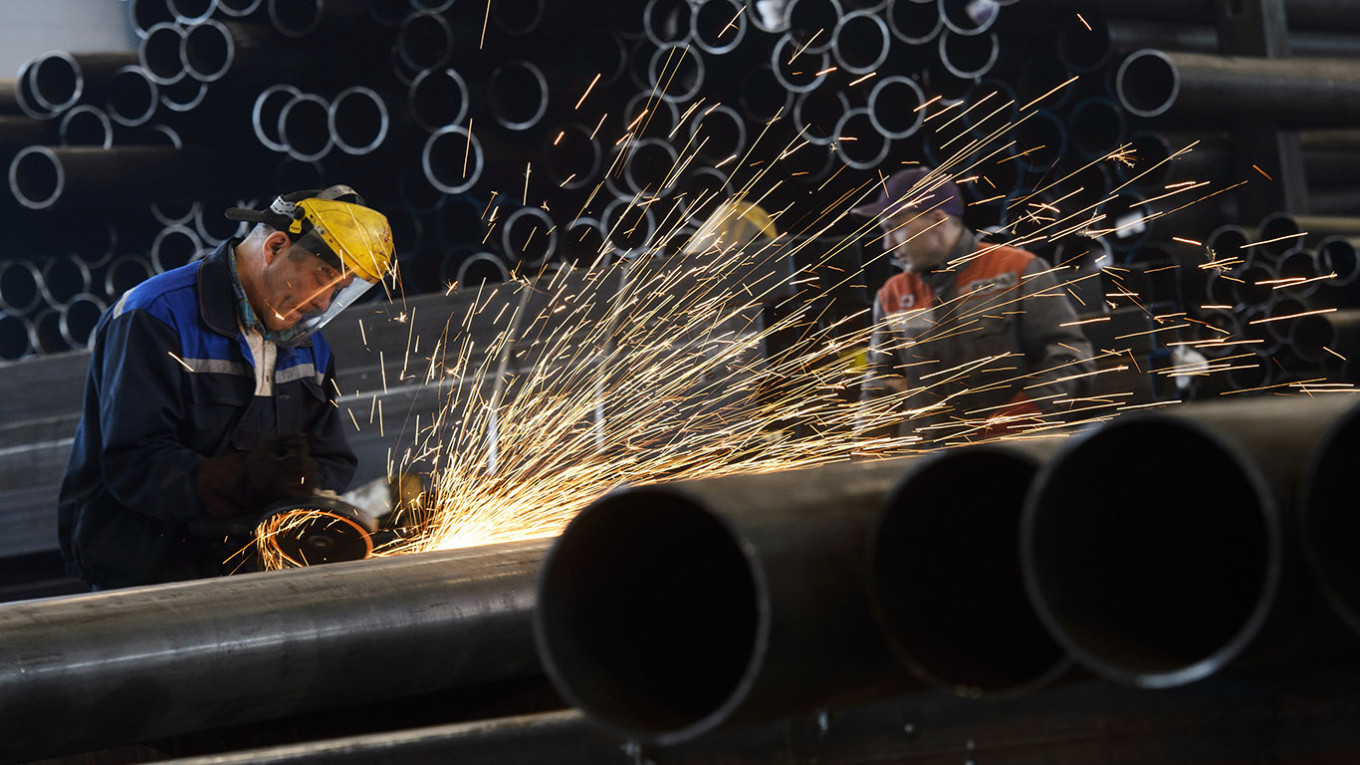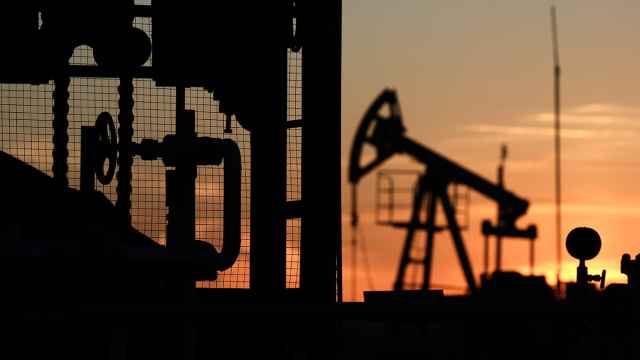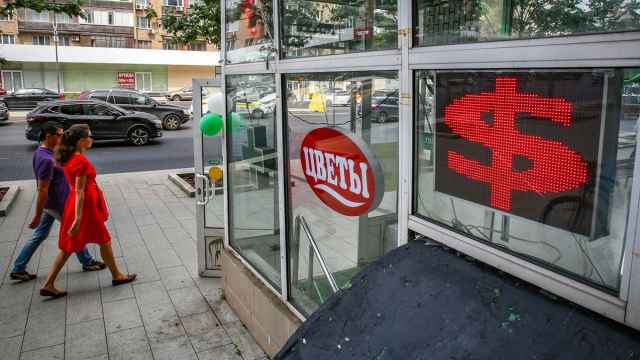Prolonged high interest rates may inflict more damage on Russia’s corporate sector than the economic shocks of 2020 and 2022, a Kremlin-linked think tank said in a new report, warning that a growing share of companies face financial distress.
The Center for Macroeconomic Analysis and Short-Term Forecasting (CMASF) said the longer the economy operates under tight monetary conditions, the greater the risks to production and corporate balance sheets.
Its bankruptcy model shows that companies accounting for nearly a quarter of revenue (23.7%) are already in a “financially vulnerable” position this year, a share that could rise to almost a third (32.5%) in 2026.
Real interest rates hit their highest level in more than 25 years in late 2024 and continued to climb, CMASF noted.
Even after the Central Bank cut rates in July and September, Russia’s real policy rate is second only to Brazil’s among major economies. When adjusted for inflation trends, Russia surpasses Brazil.
The pressure has already pushed civilian manufacturing output lower since early 2025, the think tank said.
The decline is weaker than the slump that followed war-related Western sanctions in 2022 but significantly worse than during the Covid-19 crisis in 2020.
Profitability has fallen sharply, with return on equity sliding to around 10% in June — near pandemic-era lows — while borrowing costs have surged to record highs.
Businesses are now spending a much larger share of earnings on debt service, with interest payments consuming 36% of profits by mid-2025, up from 15% in late 2023 and 25% in late 2024.
Data from state statistics agency Rosstat show that aggregate corporate profit (excluding banks, state companies and SMEs) fell 8.8% year-on-year in January-July, or even more after adjusting for inflation. While profitable firms saw little change in earnings, losses at unprofitable companies jumped 30.4%.
High rates are also squeezing investment. Companies have traditionally financed new equipment from retained earnings, but shrinking profits and higher debt service are reversing that.
By mid-2025, interest payments were 1.5 times larger than investment in machinery and equipment, CMASF said — a stark contrast to pre-crisis years when investment far outpaced debt costs. As a result, investment volumes in 2022-25 were below 2021 levels.
Delayed payments between companies have also spiked, with overdue accounts payable rising faster than during the Covid-19 shock or the 2022 sanctions crisis.
The problem is particularly acute in manufacturing, the report said.
The share of vulnerable firms has already climbed above post-2022 levels (20.6% in 2023) and is on track to exceed pre-crisis highs in 2026.
“Such a high share of financially vulnerable companies was neither observed during either the pandemic shock of 2020 nor the geopolitical shock of 2022,” CMASF concluded.
The think tank flagged telecoms, aerospace transport, coal mining, fisheries, forestry and veterinary services as among the hardest-hit industries.
It also cited “across-the-board deterioration” in extractive sectors such as coal and oil and gas, as well as textiles, clothing, furniture, machinery and vehicle production.
The government, however, has downplayed the risks.
The Economic Development Ministry last week forecast GDP growth of 1% in 2025 and 1.3% in 2026, though it acknowledged investment would dip slightly next year.
The Central Bank, drawing on surveys of more than 10,000 firms, said financial difficulties are concentrated among highly indebted companies.
“Overall, we assess the condition of most enterprises as stable,” Central Bank Governor Elvira Nabiullina said.
A Message from The Moscow Times:
Dear readers,
We are facing unprecedented challenges. Russia's Prosecutor General's Office has designated The Moscow Times as an "undesirable" organization, criminalizing our work and putting our staff at risk of prosecution. This follows our earlier unjust labeling as a "foreign agent."
These actions are direct attempts to silence independent journalism in Russia. The authorities claim our work "discredits the decisions of the Russian leadership." We see things differently: we strive to provide accurate, unbiased reporting on Russia.
We, the journalists of The Moscow Times, refuse to be silenced. But to continue our work, we need your help.
Your support, no matter how small, makes a world of difference. If you can, please support us monthly starting from just $2. It's quick to set up, and every contribution makes a significant impact.
By supporting The Moscow Times, you're defending open, independent journalism in the face of repression. Thank you for standing with us.
Remind me later.






